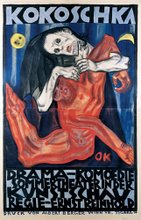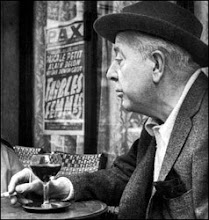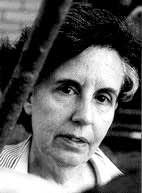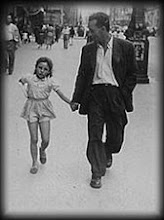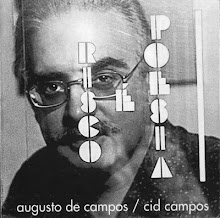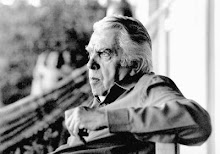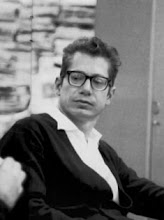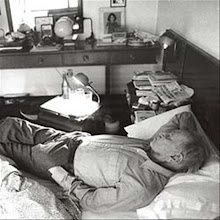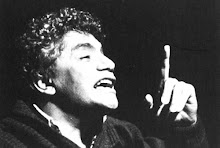Karl Marx concentrated his energies on the study of capitalism, and he dealt with the rest of history in varying degrees of detail, but mainly in so far as it bore on the origins and development of capitalism.
In the 1970s, though the new era had begun, the Marxist presence in the bookshops and seminarrooms was at its maximum.
Two majestic project of the 1970s: fifty-volume English translation of the Collected Works of Marx and Engels and the 122 volumes of the MEGA, the complete edition of every word written by Marx and Engels.
From the late nineteenth century on, sociology, the attempt to understand the operations of society, overlapped with both Marx and the more general aim of changing and not merely interpreting the world. Durkheim, Marx and Max Weber replaced Auguste Comte and Herbert Spencer as its founding fathers in the academy, though there is no reason to believe that Marx himself would have thought of it as a distinct and separate field of enquiry. The extraordinary expansion of higher education since the 1960s had given it unusual prominence – at present forty-five university institutions in the UK have departments of or including sociology – and political radicalisation had made it a subject of choice for many students.
Eric Hobsbawm
1917 - 2012


![[...]](https://blogger.googleusercontent.com/img/b/R29vZ2xl/AVvXsEjeNC2Kyxd34r2LuofHe9-vdXHeHwG3_2NhVmIOTlK2moU0Q4R7taMlS8iMmQgEl1-NdaRsPrLdREzfQZYKfUgjslwLZUZe67dAfFBREu-YRx6WGX-vAUt5eJT4_-lFwT4dGzGCQQ/s220/11798115_858304687558226_1857652538_n.jpg)
